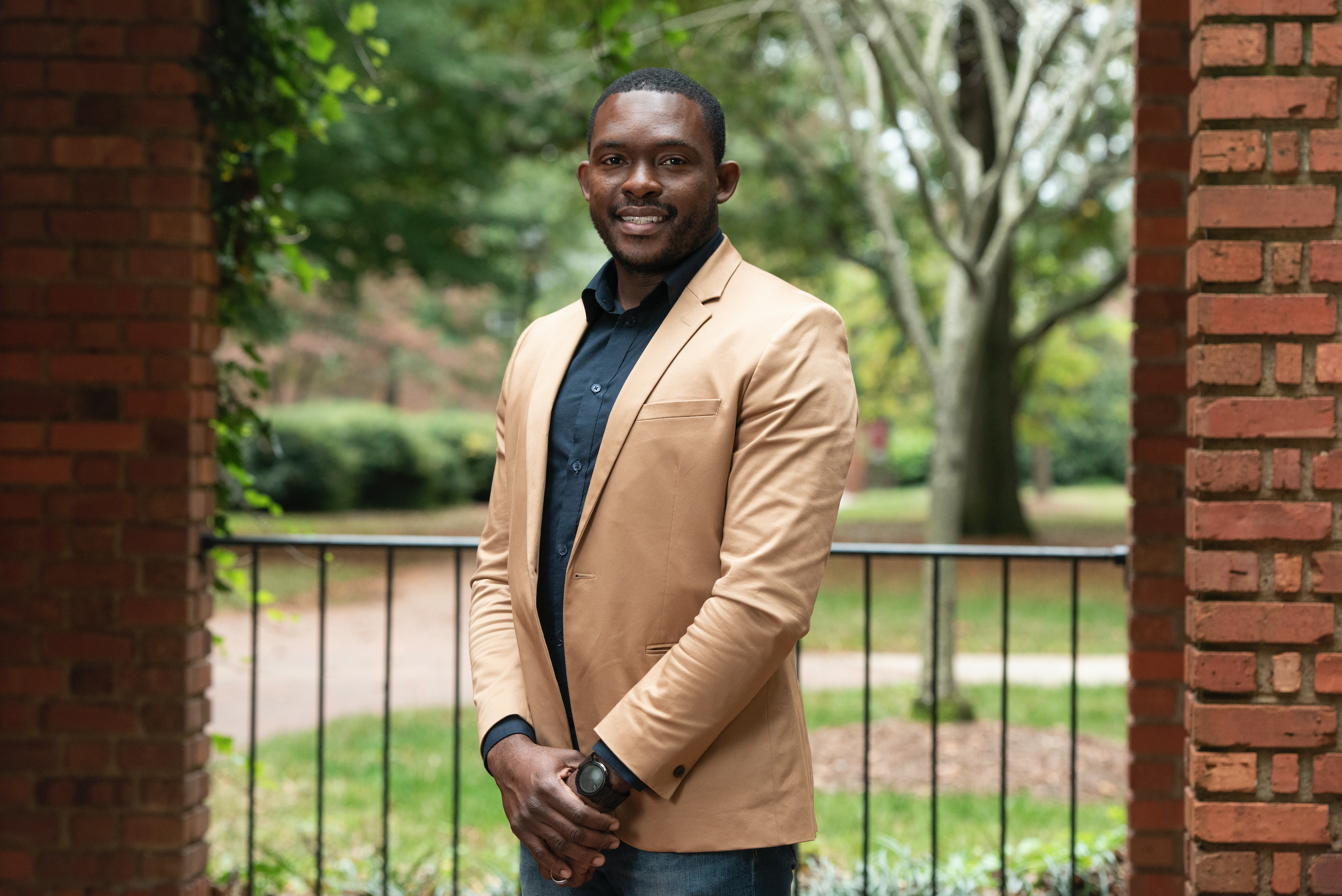In Don Dada: Assessing the Socio-economic and Political Power of Jamaica’s Mafia Bosses, Damion Blake, associate professor of political science, investigates the evolution of the don, non-state violent actors who exert influence in the island's garrison communities.
In his latest book, “Don Dada: Assessing the Socio-economic and Political Power of Jamaica’s Mafia Bosses”, Associate Professor of Political Science Damion Blake delves into the complex world of Jamaica’s dons — non-state violent actors who exert significant influence in the island’s garrison communities. These marginalized inner-city areas are defined by their loyalty to political parties and dependence on the dons for security, social services and governance.
 The Jamaican don is a non-state actor, a male figure, usually from the community in which he plays a leadership role, and who wields considerable power and control inside that nation’s garrison communities. Garrisons in Jamaica are poor inner-city communities characterized by homogeneous voting patterns for one of Jamaica’s two major political parties: the People’s National Party and the Jamaica Labour Party.
The Jamaican don is a non-state actor, a male figure, usually from the community in which he plays a leadership role, and who wields considerable power and control inside that nation’s garrison communities. Garrisons in Jamaica are poor inner-city communities characterized by homogeneous voting patterns for one of Jamaica’s two major political parties: the People’s National Party and the Jamaica Labour Party.
With revelatory insight, “Don Dada” explores the major roles dons play in their communities and how the activities of these non-state criminal actors have influenced the governance process. Focusing on communities in the downtown metropolitan area of Kingston, the capital city, the book investigates the evolution of the don from the 1960s to the present and their roles of security/protection, social welfare, partisan mobilization and law and order.
Blake contends that dons have emerged as embedded governing authorities in Jamaican garrisons based on the socio-economic and political roles they carry out and puts forward a peace-building model to dissolve the power of dons and their gangs in Jamaica’s marginal communities.
Blake has served as a consultant with Jamaica’s Ministry of National Security on its violence prevention program, “Unite for Change.” He is also a guest columnist and political commentator with the Gleaner newspaper and Nationwide News Network radio station in Jamaica, contributing commentary pieces and analysis on Caribbean electoral politics, political economy, violence and organized crime.
Blake also provides expert country reports, analysis and affidavits to legal firms in the United States and the United Kingdom on immigration matters related to Jamaicans & other Caribbean nationals in deportation proceedings.
His teaching areas are: Comparative Politics and Government; National Security, Politics of the Caribbean, Introduction to International Relations, Elon Core Curriculum and interdisciplinary courses which include The Black man in America. Blake’s research areas are: Organized Crime and urban violence in the Americas; Democracy and Mass participation in the U.S.; Social Justice and Race the U.S.; and Caribbean politics, governance and development.



